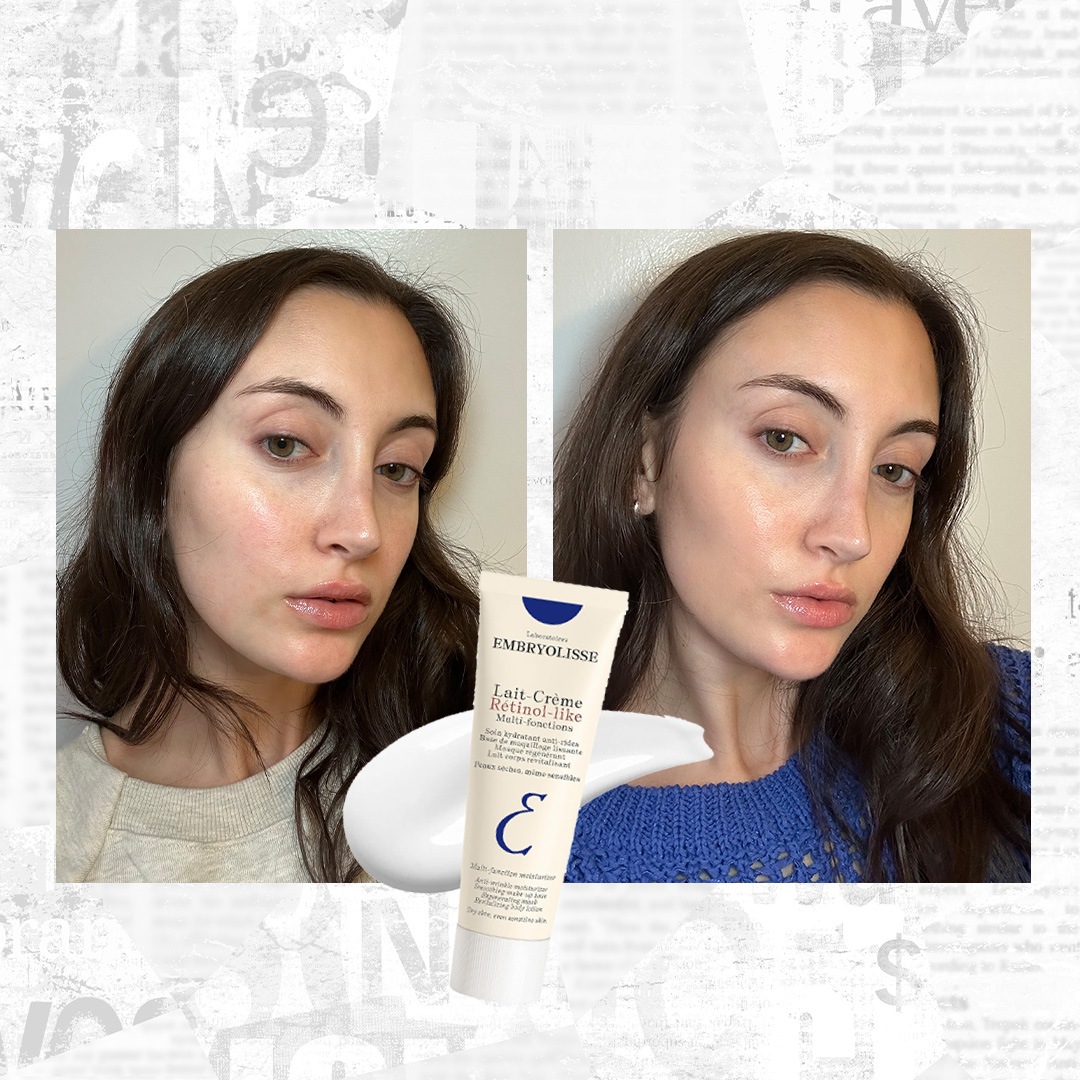These Are the Best Moisturisers by Age, According to Derms and Skin Experts
Sometimes, understanding skincare feels like it requires a science degree. One size doesn’t fit all, especially as we move through our 20s, 30s and 40s. The needs of our skin change, and it takes different ingredients and routines to keep it looking its best.
Whether you're adjusting to the first signs of ageing, wanting to balance hydration or seeking out that glow (you know the one), the right moisturiser is essential. As someone in their 30s, I’ve experienced knowing that the skincare you were loyal to all through your 20s is no longer that loyal to you. Over time, I’ve started to choose richer moisturisers with barrier-protecting ingredients, and I now use a night cream to keep my skin hydrated and nourished.
To help you figure out exactly what your skin needs at every age, I've tapped into expert advice from dermatologists Dr Mary Sommerlad and Dr Cristina Psomadakis, along with beauty editor and aesthetician Grace Day. Read on to find out what you should actually be using and when, plus the best moisturisers by age.
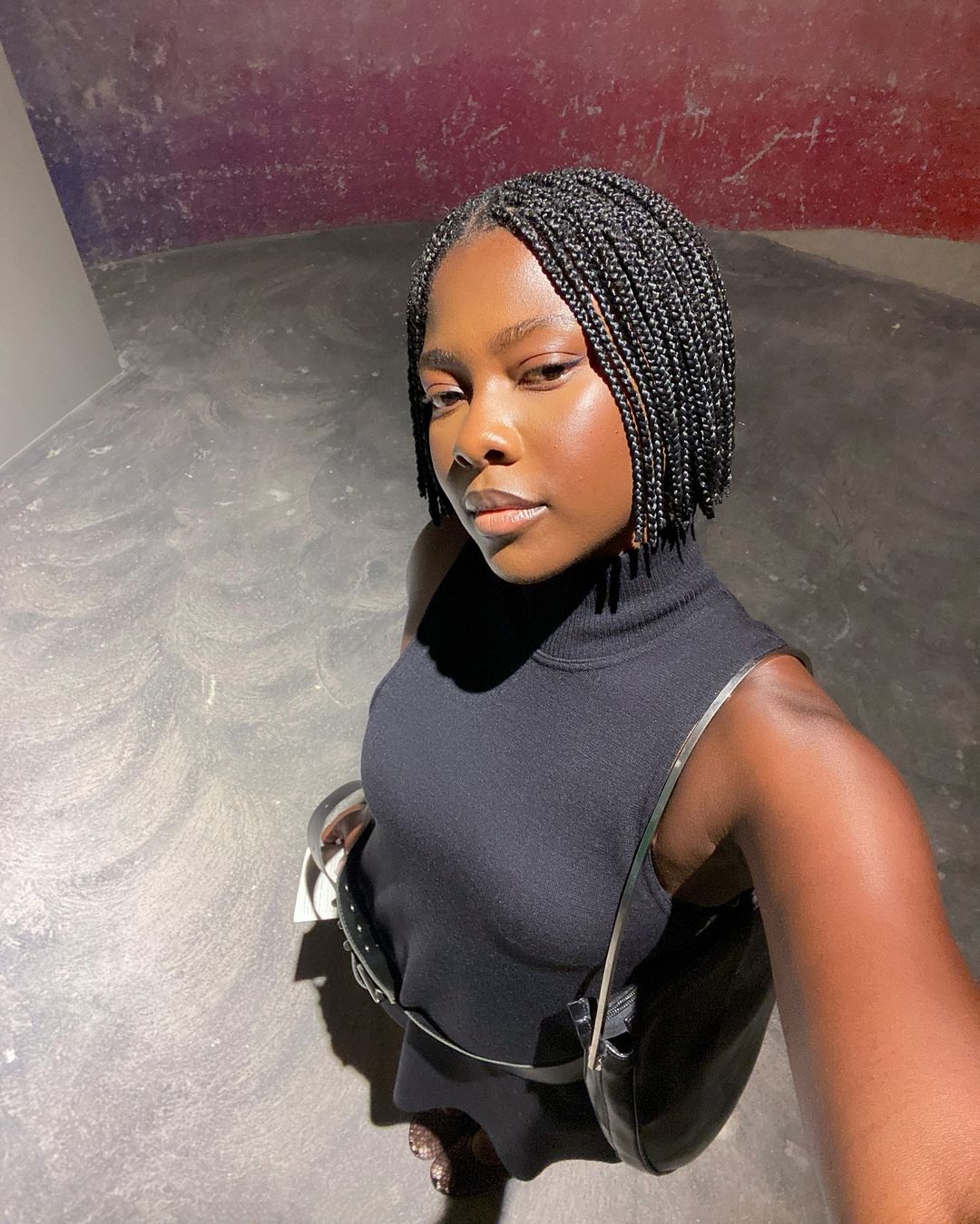
Is It Important To Change Your Moisturiser Throughout The Year?
Dr Sommerlad says that yes, you should change your moisturiser throughout the year. "Skin is a dynamic organ reacting to the external environment, especially humidity and temperature. In cold, dry environments the skin may dry and flake quickly, therefore a hydrating and oil-rich cream may be more appropriate, whereas in a warm, temperate environment, a lighter moisturiser is more appropriate."
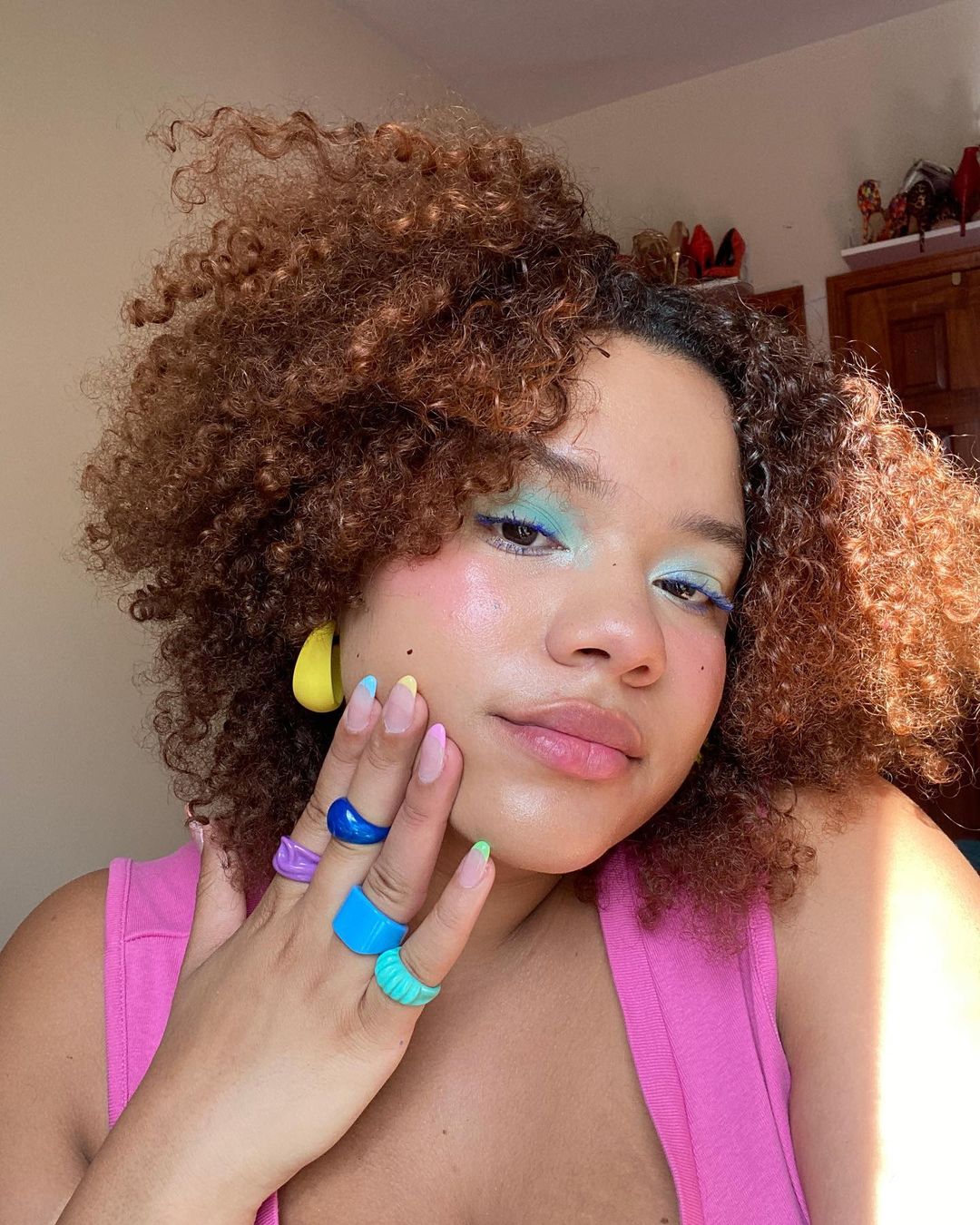
What Else Do You Need to Know About Moisturisers at Any Age?
Day suggests that as well as using the right moisturiser, prepping your skin correctly is important. "Even the best moisturisers won’t work well if they’re not applied correctly. I always advise my clients to prep their skin with a hydrating mist or toner, then apply a hyaluronic acid-based serum and finally, apply their moisturiser. Multiple layers of hydration applied in quick succession like this will help to draw moisture deeper into the skin and prevent it from escaping."
Dr Psomadakis also reminds us that it isn’t just about age when choosing your skincare faves. She says, "Age is just one parameter when it comes to choosing the right moisturiser, so that’s something to bear in mind. Tailoring your skincare is more important than age alone."

How Much Should I Spend on Moisturiser?
Dr Psomadakis says that price shouldn’t be the biggest factor when it comes to choosing the right moisturiser for your skin. She added, "Fortunately, these days there are great moisturisers at every price point. Don't overcomplicate what you expect your moisturiser to do or stretch your budget. Focus on something you like the texture of, that balances your skin and provides you with the right amount of hydration throughout the day. For targeted issues, it is better to seek out a serum or prescription skincare formula."
Day agrees "It’s far more beneficial to focus on the formula of a moisturiser than the price point. There are some brilliant affordable moisturisers on the market that are just as good as (if not better than) their more expensive counterparts. In my opinion, moisturisers should do one thing—moisturise. Leave the active ingredients to your serums and [expect to] pay more for those. When shopping for moisturisers look out for ingredients like hyaluronic acid, glycerin, ceramides and squalane."
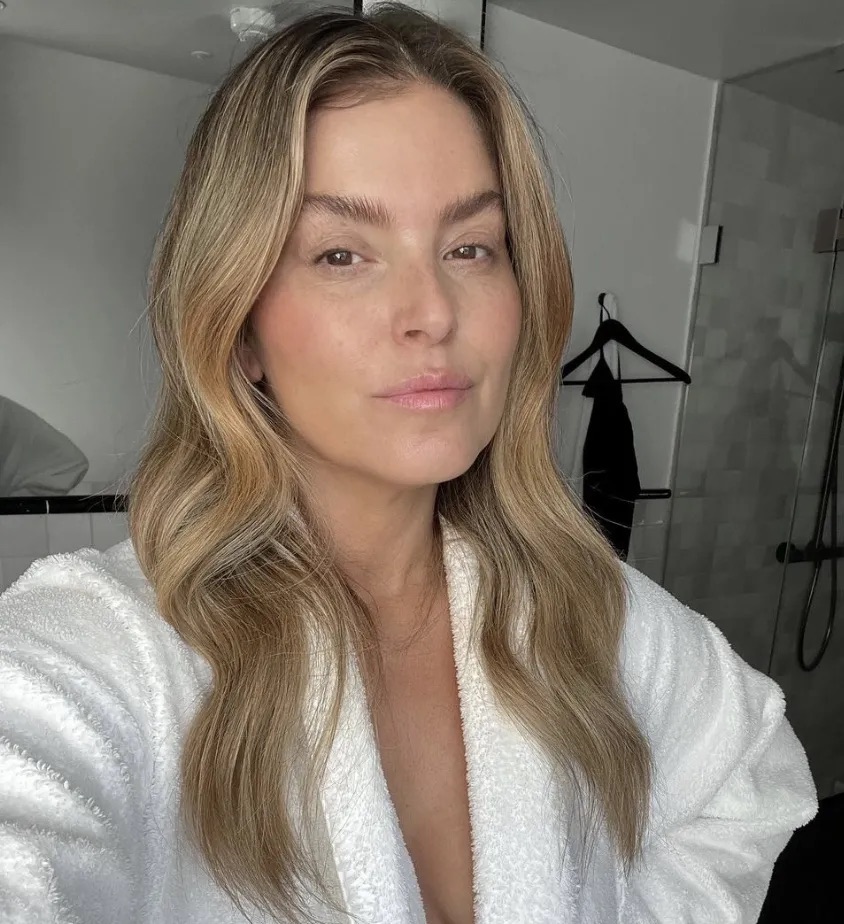
How to Choose a Moisturiser for Your Skin Type
If you have dry skin, look for moisturisers with hydrating ingredients like hyaluronic acid, glycerin and ceramides to lock in moisture and strengthen your skin barrier.
Dr Sommerlad recommends Environ Vita-Complex Super Moisturiser (£36) as a good all-rounder for dry skin, Dr Jart+ Ceramidin Ectoin Infused Cream (£56) if you have dry and sensitive skin or La Mer Moisturising Cream (£165) for skin that feels drier due to ageing.
Day recommends gel moisturisers to her clients who are on the oilier side. "For oily skin, I love The Inkey List Omega Water Cream. It’s a light gel texture so it doesn't feel heavy or rich. At the same time, it provides a really intensive water-based hydration, which will help to balance out your skin’s moisture production, and it contains niacinamide to help with excess oil."
Now Shop the Best Moisturisers for Your Age Group:
1. Moisturisers in Your 20s: Hydration and Prevention
Your 20s are all about maintaining your natural glow and building a solid foundation for future skin health. Whilst you might be happy with how your skin looks, this decade is the time to focus on hydration and prevention of future issues. Moisturisers with lightweight, non-greasy textures, like gels or water-based moisturisers, are perfect for keeping your skin plump without clogging pores.
Look for ingredients like hyaluronic acid to lock in moisture and antioxidants such as vitamin C to fend off early signs of environmental damage. Dermatologist Dr Mary Sommerlad, who has over a decade of experience in dermatology, recommends looking for hydrating moisturisers with humectants (a group of skincare ingredients that help to attract and retain moisture in the skin)like hyaluronic acid and glycerin and skipping too many actives.
Sunscreen is a must at any age, but starting to use it in your teens and 20s is essential for great skin as you get older. FYI: you should be wearing a minimum of SPF 30 daily and reapplying it every two hours—more often if you’re swimming or sweating. A broad-spectrum sunscreen will help to protect your skin from UVA and UVB rays.
Beauty editor and aesthetician Grace Day, who works with skincare clients daily in her Manchester salon space, says, “In your early twenties you might still be dealing with the aftermath of teen acne or hyperpigmentation. Skin is typically naturally well hydrated, but after 25 you might notice that it feels drier and is more prone to dehydration and sensitivity, so hydration is important, even if you have oily skin.”
Shop the Best Moisturisers for Your 20s, as Recommended by Experts:
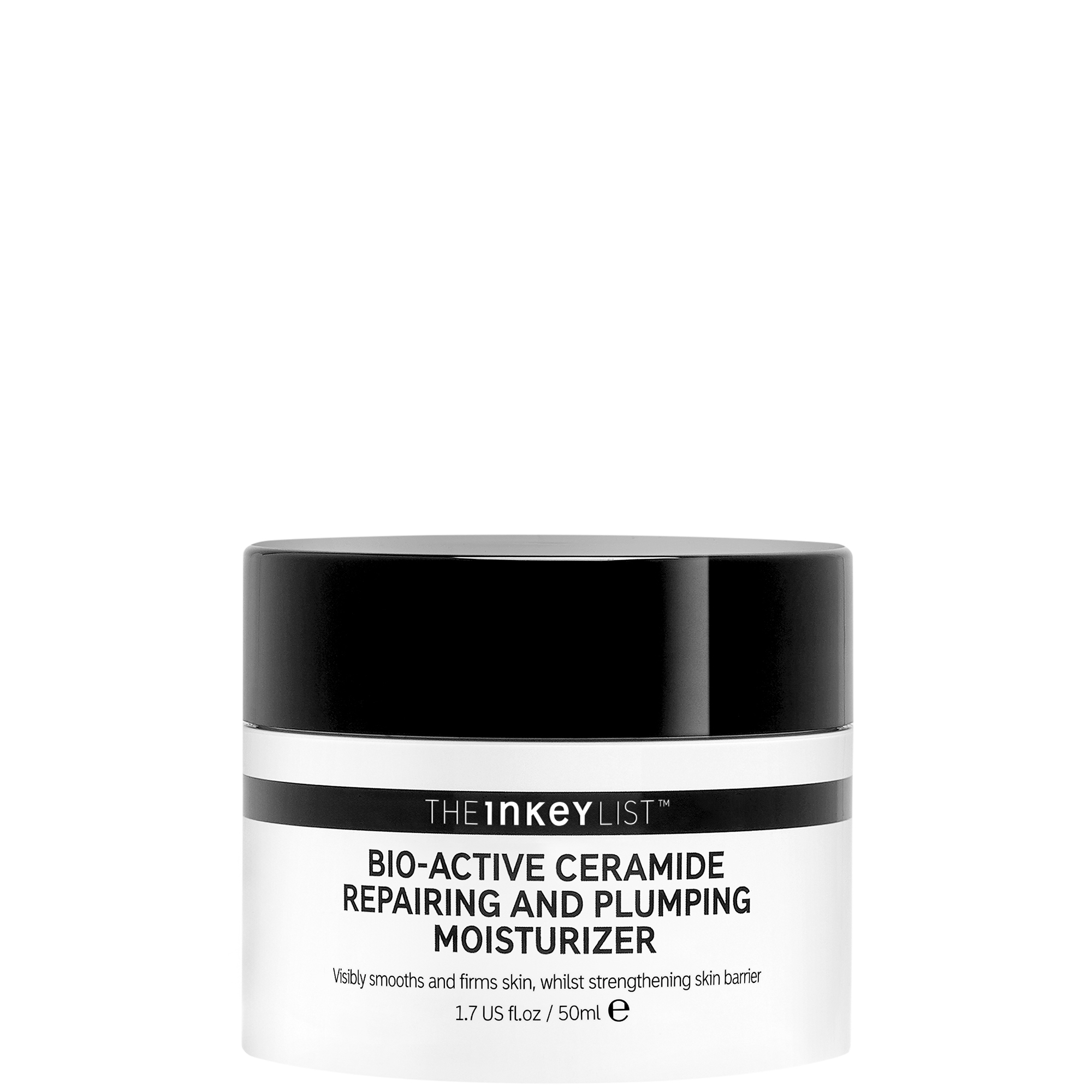
This rich, nourishing cream makes a noticeable difference if skin is feeling dry, but it won’t clog pores or irritate sensitive skin. It visibly firms and smooths whilst strengthening your protective skin barrier.
Pros: Great for smoothing the skin and calming sensitivity thanks to its bio-active ceramides. If you have dry skin in the winter, this can help to protect it.
Cons: If your skin is really dry or dehydrated, this moisturiser might not be hydrating enough to replenish the moisture.
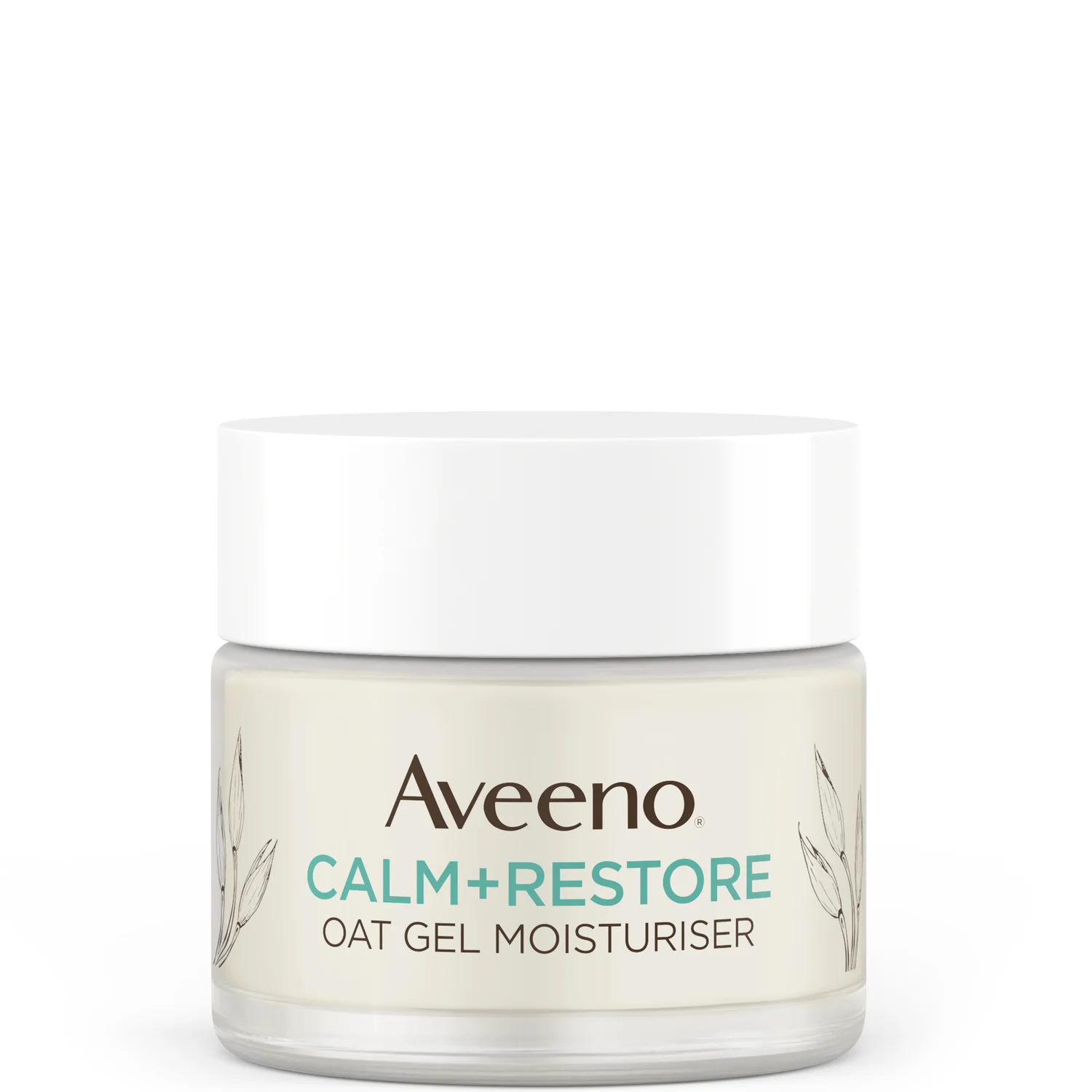
Formulated to hydrate and soothe sensitive skin, this lightweight, fast-absorbing gel-cream formula provides intense nourishment. With a blend of prebiotics and antioxidants, it’s clinically proven to support sensitive skin.
Pros: A really affordable daily moisturiser which is great for oily skin that needs a little TLC.
Cons: Depending on your base makeup or primer, this moisturiser might cause your foundation or concealer to pill and peel off.
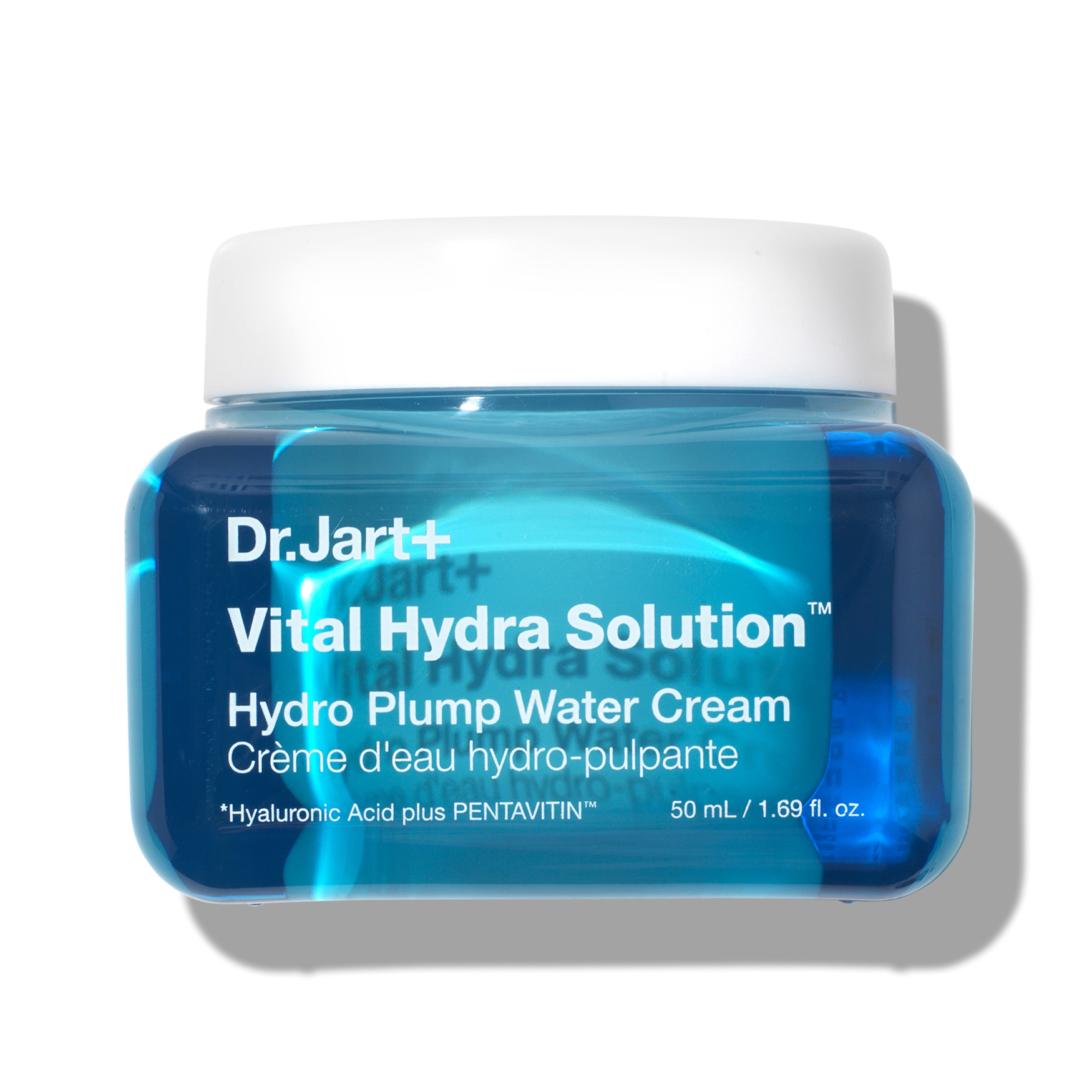
An ultra-lightweight, gel-based "water cream" with hyaluronic acid that instantly boosts moisture levels whilst adding glow, plumping the skin and strengthening its barrier. It’s a non-greasy, fast-absorbing formula for all skin types.
Pros: Lightweight formula that hydrates and absorbs quickly without feeling greasy or clogging pores.
Cons: If your skin is dry, you might find that this doesn’t quite feel like enough.
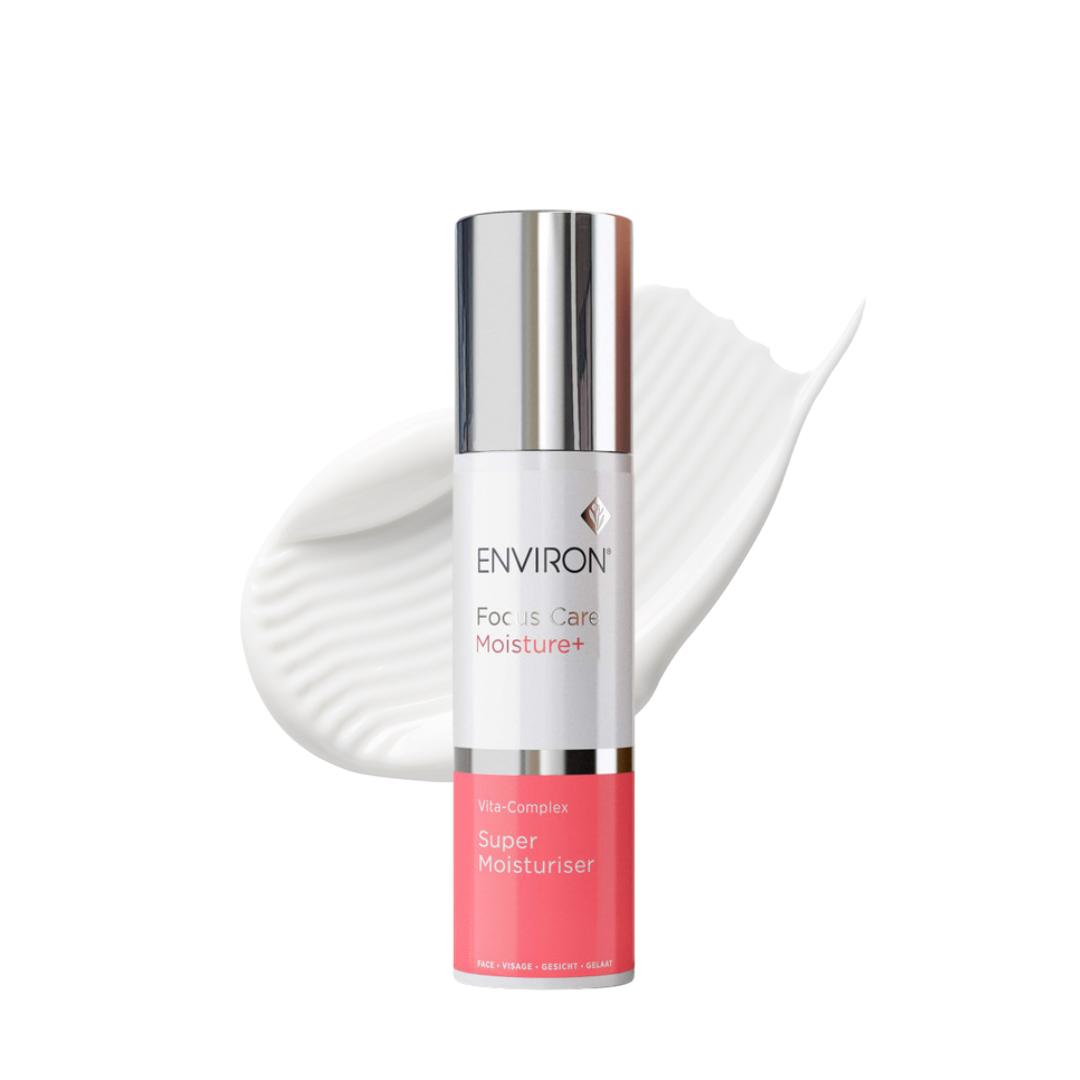
This fast-absorbing cream moisturiser contains vitamins, antioxidants, humectants and emollients to help boost skin that feels dry, dehydrated, tight, rough and sensitive. It restores the natural moisture balance, leaving skin smooth and hydrated.
Pros: This works really well in the winter or for dry skin, as it’s highly moisturising.
Cons: You need to go through a consultation to use some Environ products, so if you’re looking to combine your moisturiser with a retinol from the range it might take a little longer to get hold of it.
2. Moisturisers in Your 30s: Repair and Rejuvenate
As you enter your 30s, your skin begins to show the first signs of ageing—think fine lines, a duller complexion and slower cell turnover. This is the time to step up your moisturising game with richer, more nourishing formulations that deliver both hydration and repairing properties.
Dr Christina Psomadakis, consultant dermatologist and medical director at Klira (she has a literal Masters in Skin Ageing and Aesthetic Medicine from the University of Manchester) says: "Your thirties is when you might notice a few faint changes in your skin; some hyperpigmentation from chronic sun exposure might appear. This is also the decade when collagen levels slowly start to decrease. You may notice some changes as your skin transitions, and some faint wrinkles appearing towards the end of the decade. Your skin might crave a moisturiser that is a little bit more hydrating, too."
You’ll also want to focus on moisture retention with ceramides and humectants, whilst incorporating an SPF moisturiser is still non-negotiable for daytime. Remember, humectants help to attract and keep moisture exactly where you want it: in your skin. Ceramides help strengthen the skin's natural barrier, locking in moisture and protecting against environmental damage.
Dr Sommerlad adds, "Signs of sun damage may be starting to appear as fine lines and pigmentation in your thirties. Being meticulous with sun protection is essential, and staying out of the sun will help. You might want to start introducing night moisturisers with reparative ingredients like peptides so that you can combine them with retinoids overnight."
Not familiar with retinoids or peptides? These might be ingredients you add to your routine as you get into your 30s and 40s. A retinoid is a vitamin A derivative used to promote cell turnover, improve skin texture and reduce signs of ageing like fine lines, wrinkles and hyperpigmentation. They’re effective but can sometimes cause dryness and irritation.
Pairing them with peptides (amino acids that support collagen production and skin barrier repair) helps keep skin hydrated and strengthen its resilience, meaning you can use your retinoids in a more balanced and effective way.
Shop the Best Moisturisers for Your 30s, as Recommended by Experts:
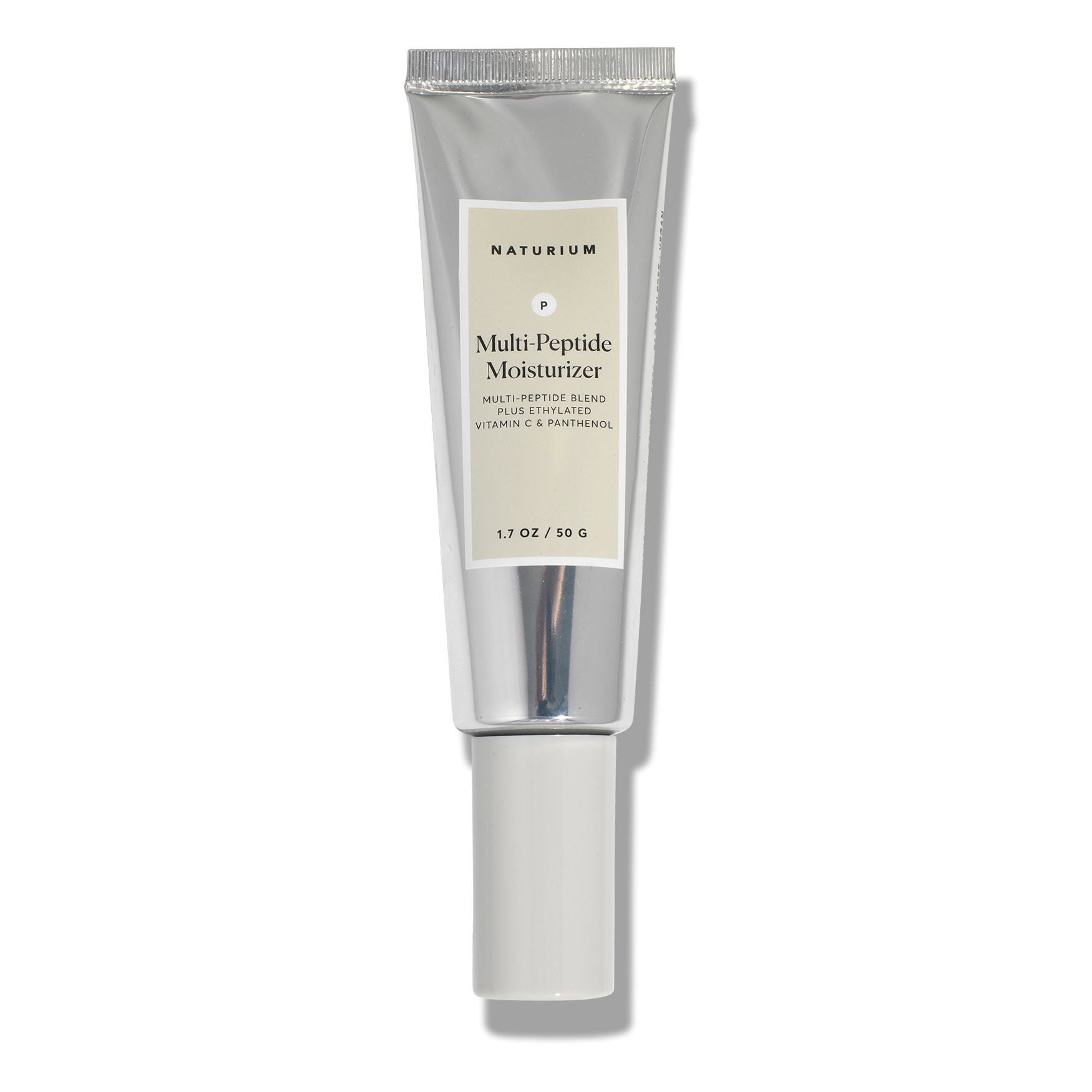
Formulated with a multi-peptide blend, panthenol and vitamin C, this moisturiser works to minimise the appearance of fine lines and wrinkles. It hydrates and smoothes the complexion whilst helping to improve skin’s elasticity.
Pros: Great for oily or combination skin, this protective moisturiser absorbs quickly.
Cons: Doesn’t contain SPF and is often sold out, so if you love it, it’s best to stock up.
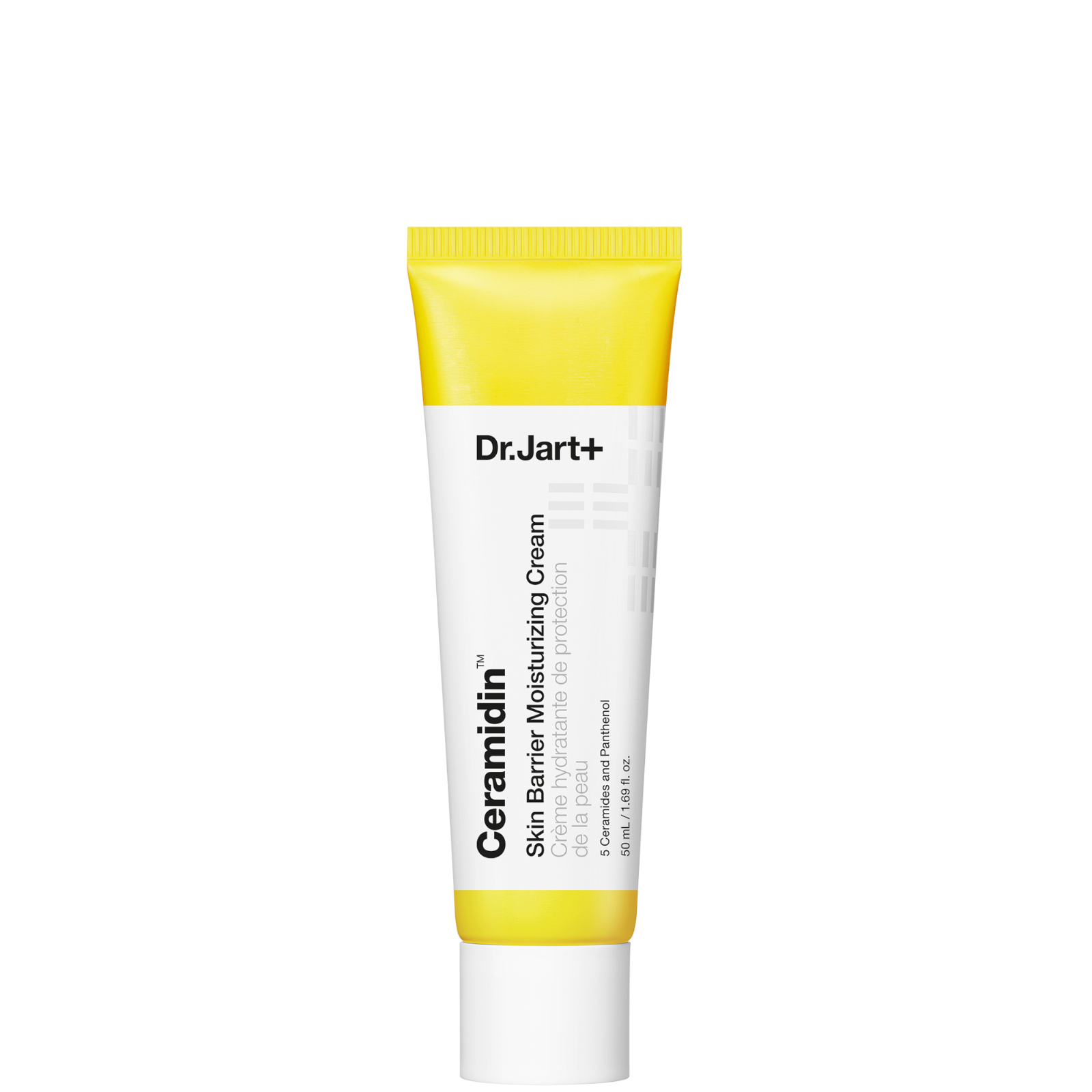
Made with ceramides and vitamin-derived panthenol, this moisturiser helps to strengthen your skin barrier whilst locking in moisture for supple, smooth results with long-lasting hydration.
Pros: Boosts moisture by up to 139% whilst protecting your skin. Feels really light but very hydrating and nourishing.
Cons: It can feel like you have residue left on your skin, depending on the type of moisturiser you’re used to.
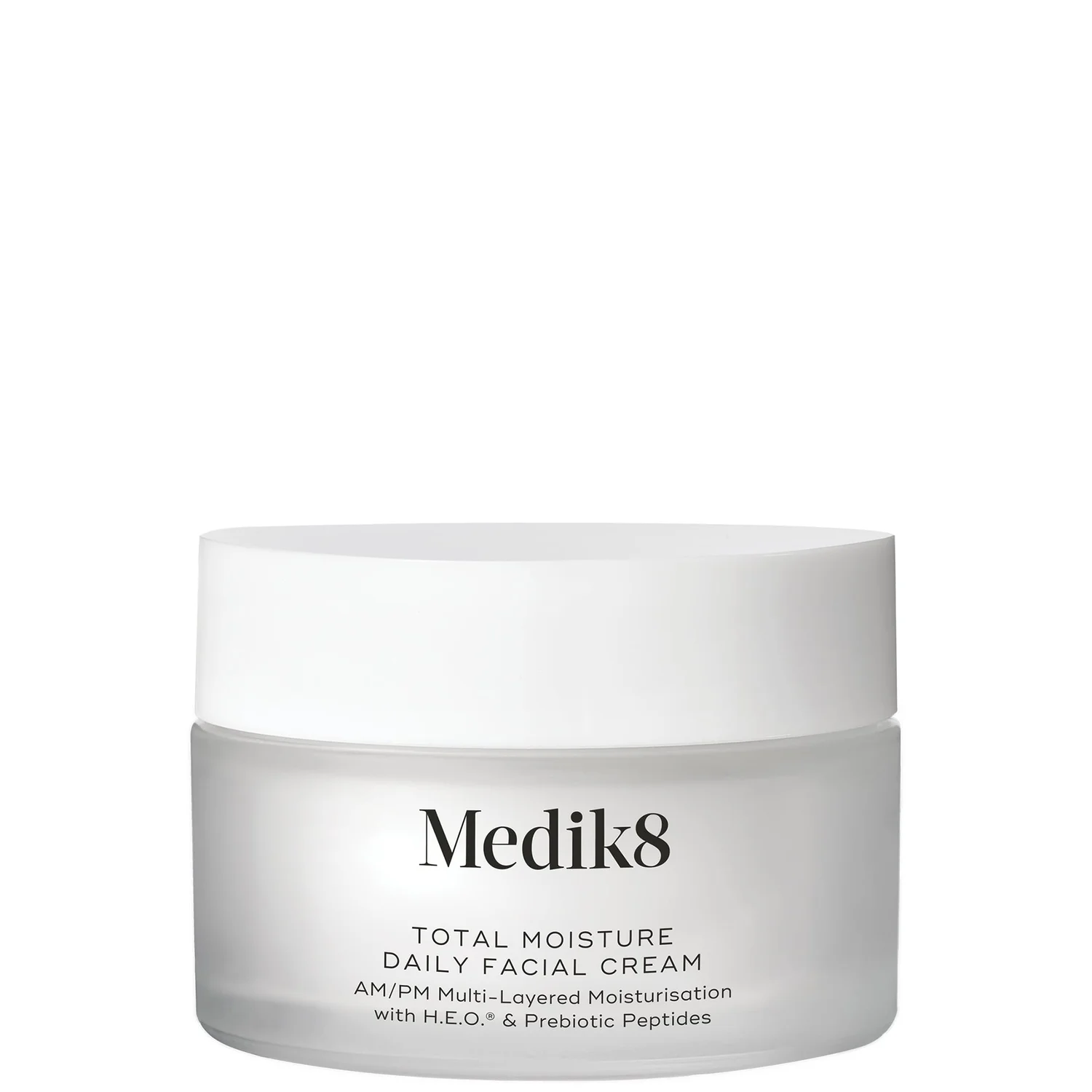
This moisturiser supports both your skin barrier and microbiome, providing lightweight and intensely hydrating moisture thanks to its blend of hyaluronic acid and prebiotic peptides, for replenished, supple skin.
Pros: Super hydrating without feeling heavy or overwhelming.
Cons: Sometimes pills depending on the type of makeup you wear, and it might not work for very sensitive skin.
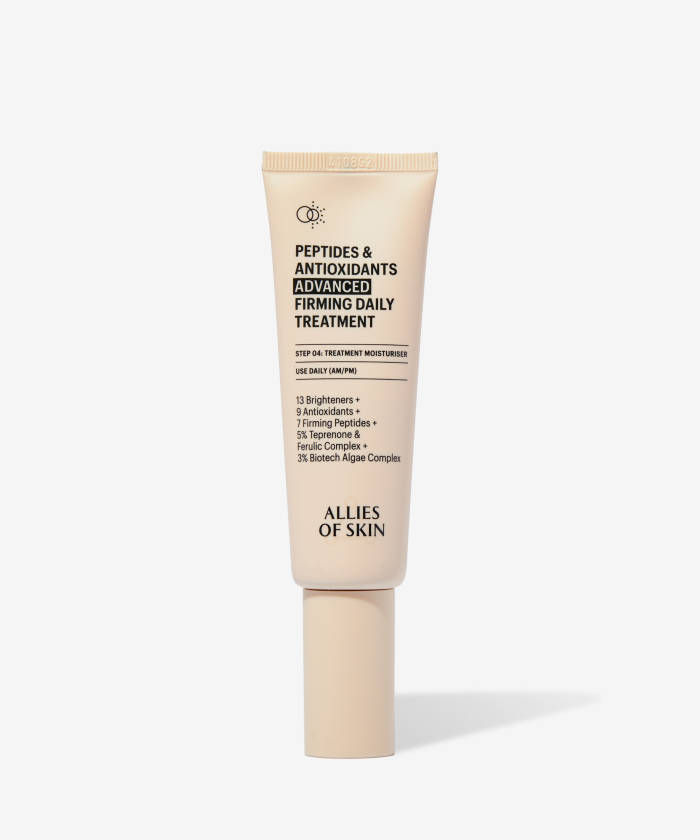
This five-in-one treatment hydrates, firms, refines, protects and brightens the skin, making it perfect if you need more than just moisture. It’s ideal for 30-something skin that might be showing signs of sun damage and ageing.
Pros: Great if you’re trying to save time or use fewer products as it's a multi-action treatment that’s light enough for daily use.
Cons: It might not be as nourishing as you need if you have dry or dehydrated skin, as it’s so lightweight. Also, it can be incompatible with some types of makeup.
3. Moisturisers in Your 40s and Beyond: Firming and Strengthening
By your 40s, your skin’s natural ability to retain moisture and produce collagen has decreased, leading to a loss of firmness and elasticity. Day says, "Visible signs of skin ageing like fine lines, loose skin, wrinkles and sun damage tend to become more visible in our forties. At this time, it’s really important to ensure you use a thick moisturiser day and night to help skin retain hydration around the clock."
Dr Psomadakis suggests it might be time to turn to prescription skincare to address any issues you’d like to tackle. "The single best ingredient we have to promote collagen in our skin, erase fine lines and fade hyperpigmentation is prescription retinoids such as tretinoin," she says. Retinoids can cause dryness initially, so a soothing moisturiser for dry skin can be beneficial if you add one into your routine.
Perimenopause can also cause drier and more sensitive skin during this decade, so Dr Sommerlad recommends looking for hydrating moisturisers that can replace depleted oils in the skin.
Hyaluronic acid remains a staple, but you may also want to look for squalane or plant oils to help strengthen the skin barrier. At this stage, thicker balm-like textures are ideal for locking in hydration and providing that plumping effect.
Dr Sommerlad also says, "As a dermatologist, I cannot overemphasise the benefits of using a broad-spectrum sunscreen every day, as 80% of skin ageing is UV-ray induced. Consistency in your skincare routine is key."
Shop the Best Moisturisers for Your 40s, as Recommended by Experts:

Packed with hydrating and skin-conditioning ingredients like hyaluronic acid, ceramides, squalane and antioxidants, this moisturiser has a super-smooth whipped texture that absorbs and hydrates day or night.
Pros: It feels thick and luxurious, so this is a great choice if your skin is extra dry or needs a little TLC.
Cons: It’s scented—with quite a strong chemical fragrance—so it may not work for you if you have reactive, sensitive skin, or if you don’t like scented products. There is an unscented version available.
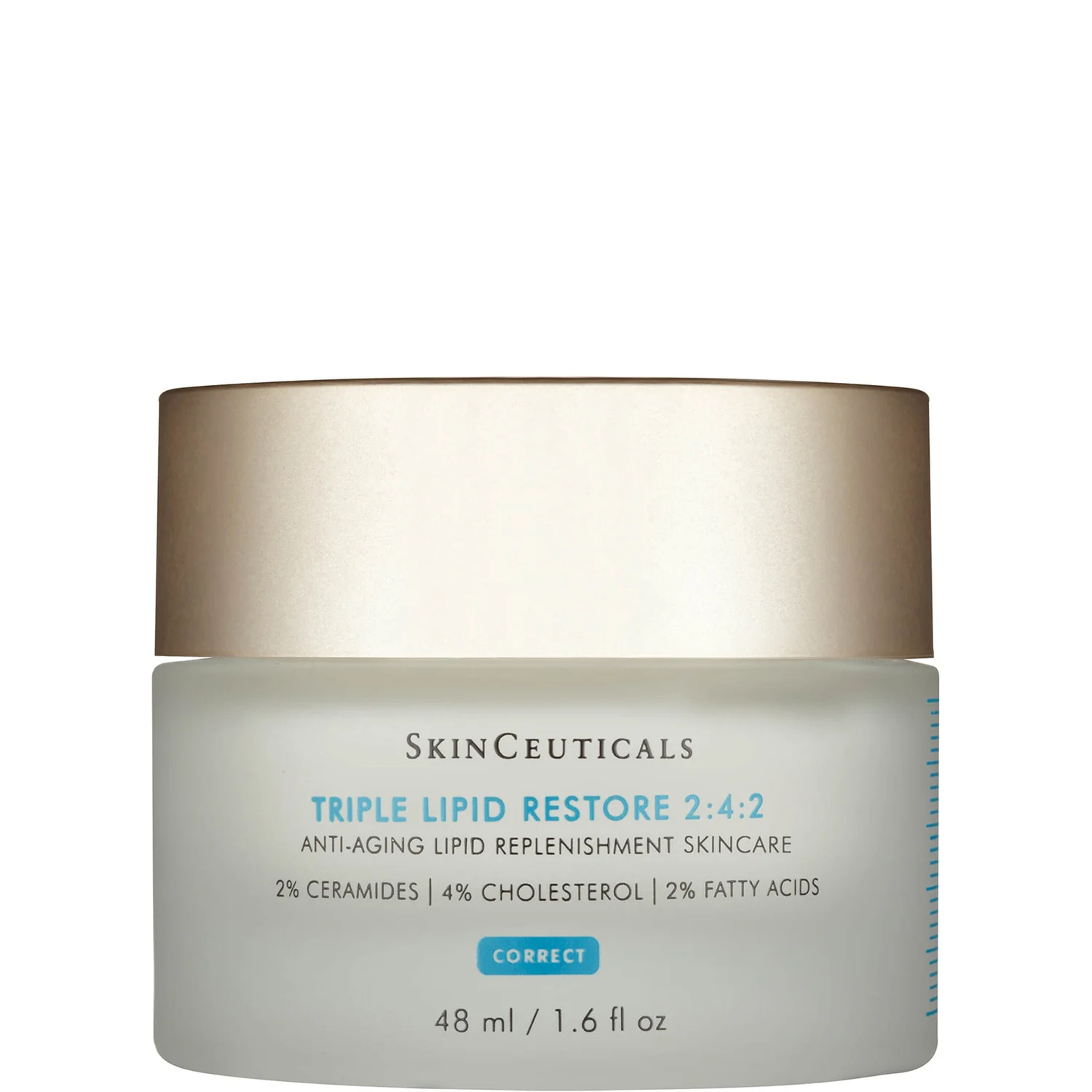
Formulated with a maximum concentration of lipids, this hydrating moisturiser for dry skin helps to restore the skin’s external barrier whilst nourishing ageing skin and improving visible signs of accelerated ageing.
Pros: Smells great and feels light on the skin whilst still delivering plenty of moisture.
Cons: This is a seriously expensive moisturiser which might not be within budget for everyday use. Also, it contains essential oils that could irritate sensitive or reactive skin.
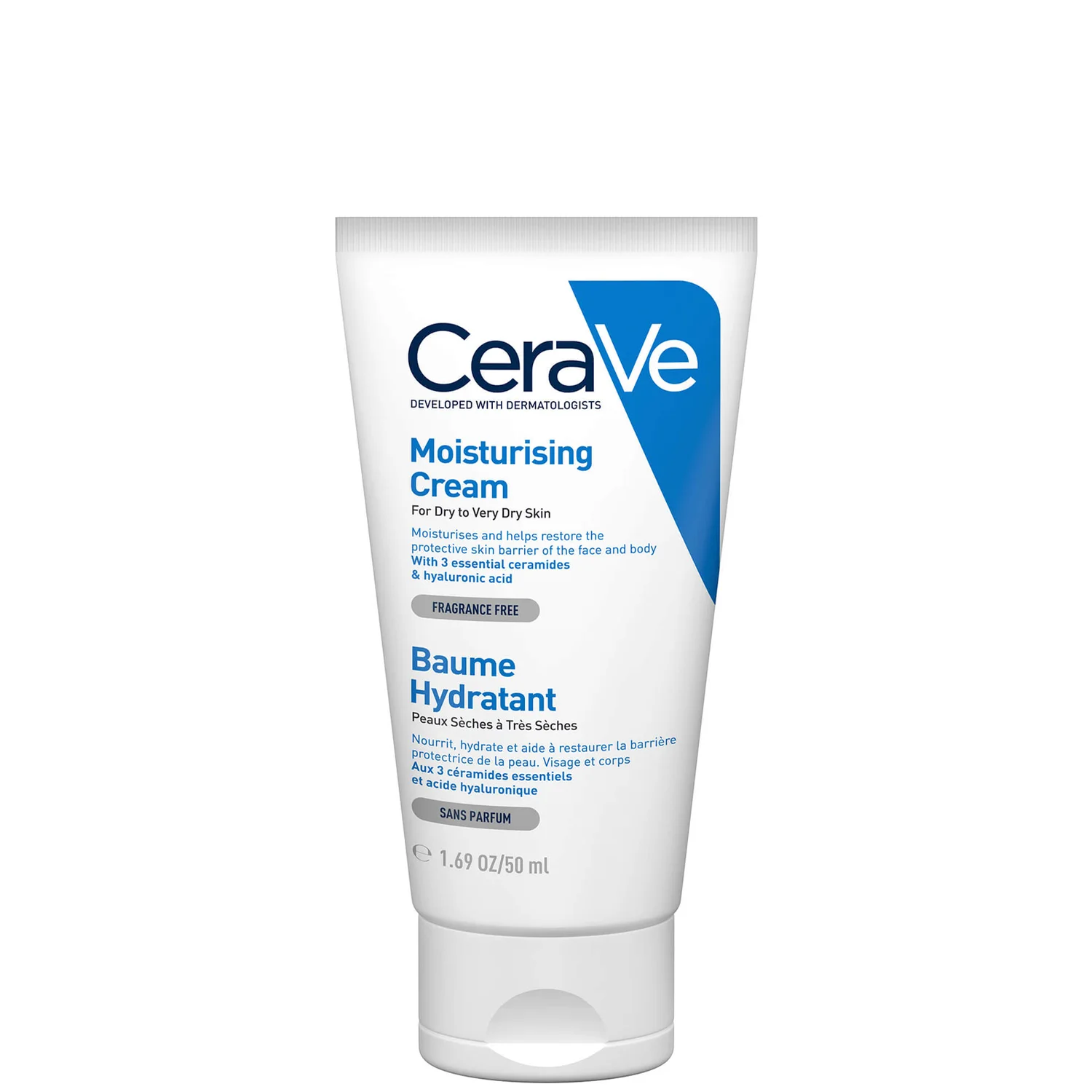
This budget-friendly moisturiser is rich without being greasy and contains three essential ceramides to lock in moisture and maintain the skin’s protective barrier. It’s fast absorbing and great for normal to dry skin.
Pros: An extremely affordable cult favourite that’s great for those wanting a simple moisturiser for a scaled-back routine. It’s excellent for dry to very dry skin and nourishes your barrier.
Cons: Skip this one if you have oily skin. It can feel like it sits on your face rather than absorbing easily.
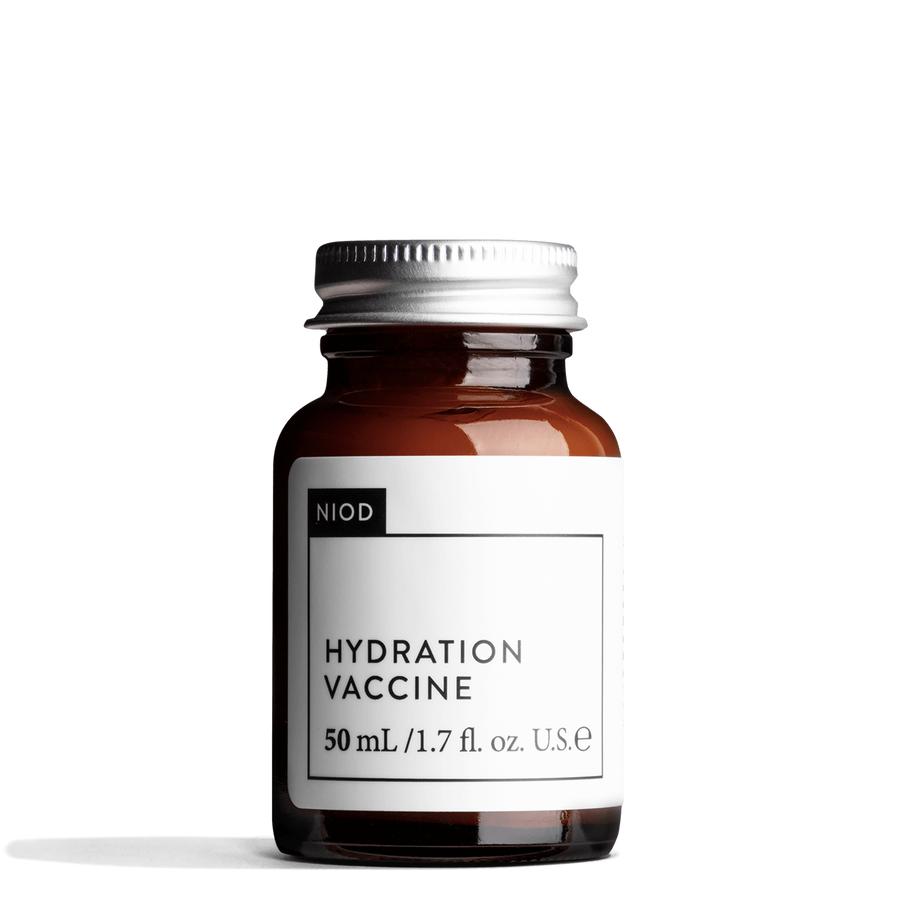
Containing amino acids and minerals, this moisturiser has been formulated to protect against loss of hydration with a blend of glucosamine, botanicals and lipids to hydrate the skin at any age.
Pros: Adds a glow back into your skin and helps it feel hydrated and refreshed.
Cons: The larger size is on the more expensive side, and it comes in a jar, so it’s not the most hygienic to apply without an application tool.
Lucy Thorpe is a freelance beauty writer who has written for Who What Wear, Refinery29, PS and The Stack World. A trained beauty therapist, Lucy has run a successful beauty blog, worked as marketing lead for a UK beauty brand and has written for brands including Beauty Bay, Current Body, Avon, New Look, Fragrance Direct, Umberto Giannini and My Protein. She's also interviewed a wide range of beauty founders, experts and dermatologists, picking up a plethora of skincare, haircare and body care tips along the way. She has a particular love for K-beauty and you'll often find her booking in for the latest spa, wellness or self-care treatments or hunting down her latest favourite fragrance. Based in an old barn in Cumbria, she loves spending time in the Lake District and Scotland, but is just as at home in the city browsing the beauty aisles and heading to events.
